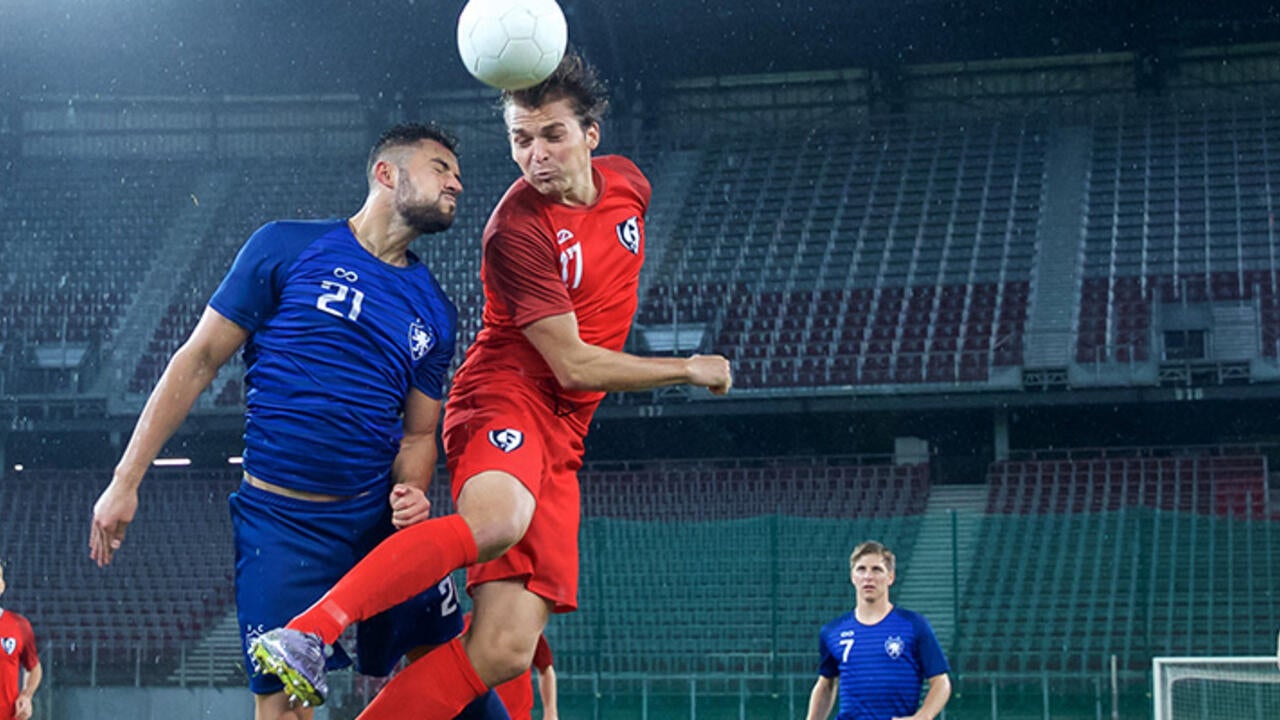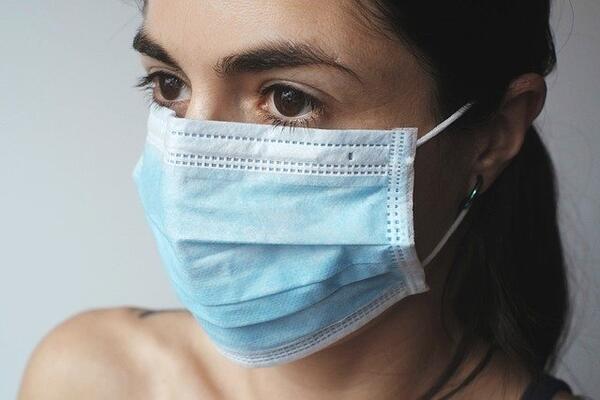
Q and A with the experts: the psychology of the return of major league sports
Wade Wilson is a sports mental performance consultant

Wade Wilson is a sports mental performance consultant
By Media relationsWhat is the mental toll of asking players and staff in major league sports to risk their lives for our entertainment?
We talked to sports mental performance consultant Wade Wilson from the Department of Kinesiology to help us understand some of the risks of convening the major leagues to play again.
|
What will returning look like for the majority of sport franchises? Very different, if possible at all, given the current regulations and new cases being reported in the professional athlete population. If return to play resumes, it will be without fans, which will be an adjustment for players as the energy and atmosphere will be minimal. It will look and feel very weird at the beginning, but athletes will adjust. For the fans watching from home, the experience probably won’t change that much. What are the moral questions when it comes to these athletes and support staff being asked to risk their health to play again? The risk is still too great, as we are seeing multiple cases being reported at the professional level already before getting back to play; this is just with training facilities. If this can’t be contained even before playing games, then – from a moral and health standpoint – professional sports are not an essential service and should not continue until a vaccine is ready. Athletes should be able to refuse unsafe work, and if the environment can’t be contained and guaranteed COVID-19 free, then players should not be penalized for choosing their health, their families’ health and their communities’ health over playing this season. How will the new circumstances around returning to play affect the mental performance of these athletes? It will be different for each athlete and the supports they surround themselves with. Mentally strong athletes will see this as something they will adjust to and will thrive and work with what they have. I would imagine that players and coaches are excited to get back to performing. But with that said, some athletes may experience anxiety or confidence issues by placing rigid expectations on themselves to get back to their top-level after being away from competition for so long. Being patient with the adjustment period will be crucial. The University of Waterloo has a number of experts available for comment on various aspects of the COVID-19 pandemic, click here to see the up-to-date list. |

Read more
When stress and emotions run high, financial decision making can be difficult.
We asked Tracy Hilpert, Director of the School of Accounting and Finance’s Financial Literacy in the Classroom initiative, what you should be considering when managing your finances during the pandemic.

Read more
Professor Zahid Butt, of the School of Public Health and Health Systems, answers common questions about face masks

Read more
Should we still be wearing contact lenses? What’s the best way to keep our glasses clean during the pandemic?
The University of Waterloo acknowledges that much of our work takes place on the traditional territory of the Neutral, Anishinaabeg and Haudenosaunee peoples. Our main campus is situated on the Haldimand Tract, the land granted to the Six Nations that includes six miles on each side of the Grand River. Our active work toward reconciliation takes place across our campuses through research, learning, teaching, and community building, and is co-ordinated within the Office of Indigenous Relations.